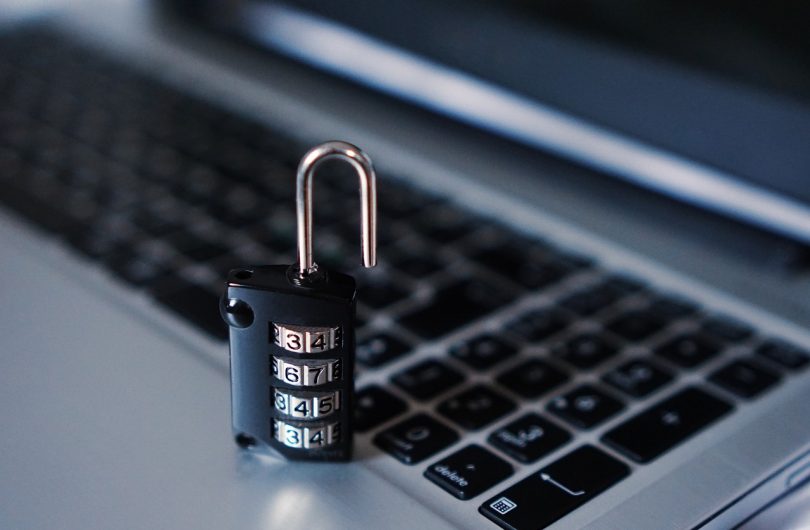In today’s society, it’s crucial for small business owners to think about security. An unexpected event made worse by a lack of preparedness could increase the overall impact of the catastrophe, whether regarding reputational damage, lost profits or the expenses needed to get the company back on track after incidents. Such challenges are daunting for businesses of any size but could be exceptional barriers to smaller establishments or those with limited resources. Taking an all-encompassing approach to security will lead to a safer, more prosperous workplace.
Companies Must Continue Investing in Cybersecurity
Recent findings of businesses in Australia found that companies are increasing the amounts of money spent on cybersecurity compared to earlier studies, and that’s a positive trend. However, the research also showed an 80 percent increase in cyber attacks in 2018 compared to the previous year. So, companies have to stay vigilant and view cybersecurity spending as a necessity.
It’s Smart to Educate Employees About Practices That Compromise Security
Analysts say the most significant threats companies face are often their employees. Workers might regularly share passwords with colleagues and be under the impression that doing so helps everyone stay productive, or they could allow strangers to follow them through secured entrances as long as those individuals seem to have legitimate reasons for being onsite.
In a study of cybersecurity experts, 90 percent of respondents felt that their companies were vulnerable to insider threats. Moreover, about 50 percent of the people in that segment reported having experienced such incidents in the past year.
Workers fall victim to attempts from social engineers to gain information by capitalising on aspects of people’s behaviour too. For example, if a company is full of employees who are overly polite and don’t question the presence of strangers, a social engineer might be able to craft a fake ID badge and use it to make people think they’re rightfully on the property.
Social engineering can also get facilitated by technology. Someone could pose as an IT support worker and try to get people to reveal their passwords over the phone or through online forms. Both of those actions compromise security as much as holding an entry door open for someone who doesn’t look familiar or is wandering around suspiciously.
Employee training may be helpful in curbing digital and physical security risks, especially when people don’t realise that the things they do while at work are potentially dangerous. It’s best to make secure practices a part of the company culture and not just launch training programs after things go wrong.
Think About Hiring a Security Guard
There are various reasons why your business might decide to secure its physical environment by hiring a security guard. Maybe you live in an area with a high crime rate, or incidents have recently been on the rise according to a new trend noticed by law enforcement. Alternatively, perhaps your business uses expensive and essential equipment that’s easy to steal by stashing it in a bag or jacket pocket.
It’s also a good idea to consider getting the help of a security guard on a temporary basis during specific events. For example, if you need to lay off dozens of people from one department, a security guard could step in if some of them get upset over the circumstances and threaten violence. Having on-site security could also be advantageous at events involving alcohol, such as the company holiday party.
Your understanding that physical security is as important as cybersecurity could help your employees feel more at ease while at work, especially when they’re at the office during off-peak hours. Additionally, investing in physical security could help employees and clients see your company as trustworthy — an entity that cares about keeping people safe.
Stay Abreast of Best Practices for Online Security
The internet’s landscape is always evolving. Those changes mean keeping up with the best online practices for your business. As a start, it’s not sufficient to download anti-virus software and install it on all the company’s machines but never update it afterward. Taking such an approach means the program likely won’t recognise the latest threats.
Be Mindful of the Full Potential for Danger
Don’t forget that some devices are vulnerable to both physical and online attacks if they connect to the internet. For example, an executive who is out of the office on business could put the company’s security at risk by leaving a laptop unsecured in a hotel room or left visible on the seat of a rental car.
Security could also decrease if that person conducts private business through an open Wi-Fi network. Similarly, any physical, internet-connected devices your company needs could give information to criminals when you don’t take care to keep those gadgets out of easy reach and locked down from cyber attack attempts.
Security Measures Deserve a Proactive Approach
When trying to keep costs down, small businesses may sacrifice some security strategies, concluding that they’ll take the matter more seriously after dealing with initial problems. The problem is that being merely reactive to issues is rarely sufficient. Instead, companies should think ahead about physical and digital security, determining what could be done before shortcomings become apparent.







